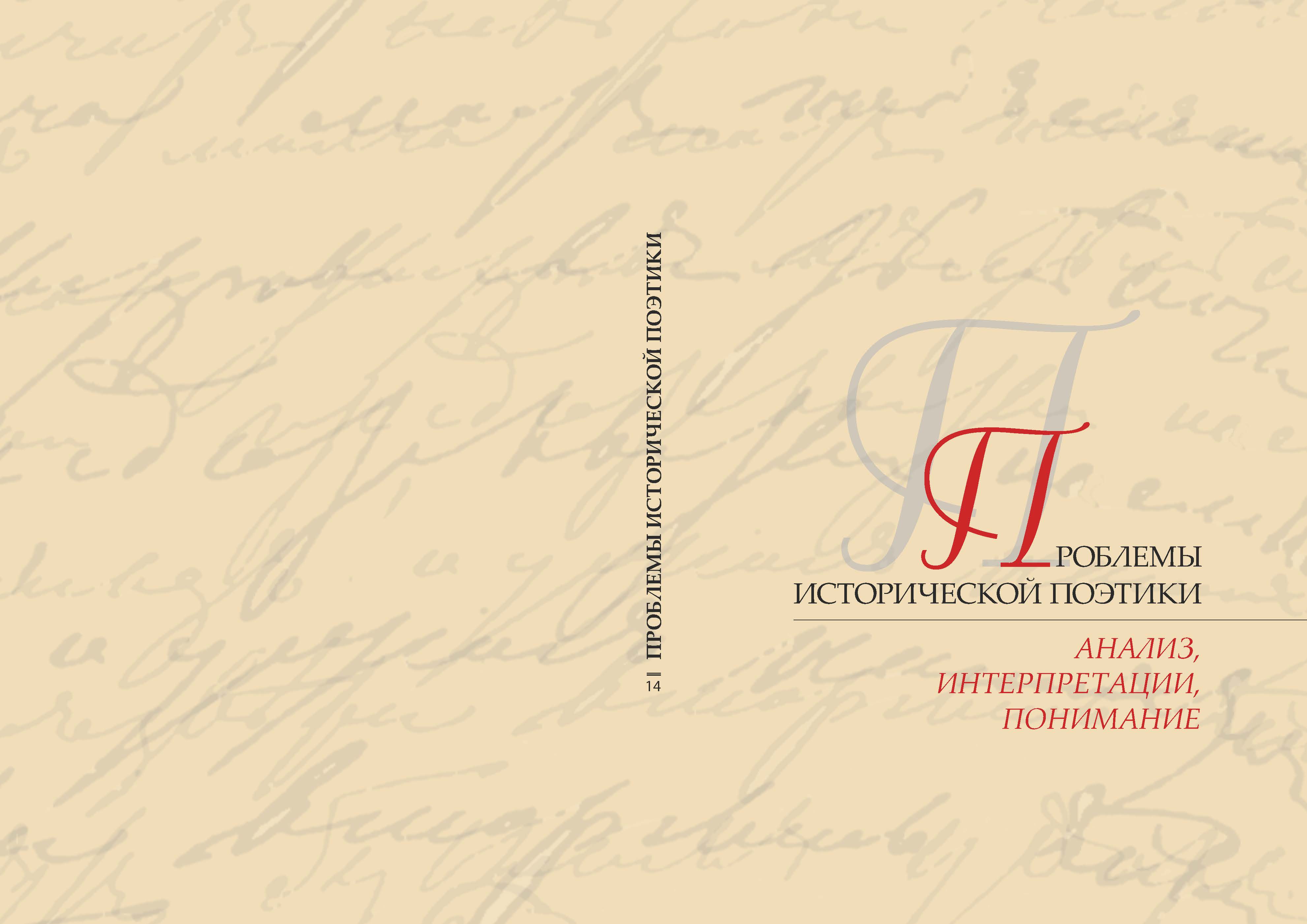ОДА Г. Р. ДЕРЖАВИНА «БОГЪ»: НОВОЕ ПОНИМАНИЕ
THE ODE “GOD” («БОГЪ») BY G. R. DERZHAVIN: THE NEW UNDERSTANDING
Author(s): Ivan EsaulovSubject(s): Language and Literature Studies, Literary Texts, Studies of Literature, Theology and Religion, Philology
Published by: Петрозаводский государственный университет
Keywords: understanding; analysis; interpretation; Derzhavin; Christian tradition; poetics
Summary/Abstract: The article proposes a new understanding of the most famous Russian ode (and the most famous work of the 18th century in Russia). Given the structural peculiarities of the text, its constructive unity, as well as some insufficiently studied nuances of the author’s (and publishers’) orthography and punctuation, our work reconsiders the interpretations of the ode “God” established in the literature study, according to which the semantic core of the work is the relation between the faith and the science (the Enlightenment). According to the understanding we propose, one may consider that the semantic dominant is the complex and dramatic relations between “You” of God and “I” of a man that change from verse to verse. While the rhetorical and logical ending of the work is the tenth verse with its Easter finale counterbalancing and harmonizing both the self-deprecation and the exorbitant exaltation of the human “I” in the verse IX, which has as a result the statement “I — (am) God!”, the true literary ending is the tender emotion in the last, the eleventh, verse, which has a super-logical and super-rhetorical tone. The gift of tears, appearing in the last verse, is both one of the most important characteristics of Derzhavin’s poetics and one of the manifestations of the Orthodox spiritual tradition.
Journal: Проблемы исторической поэтики
- Issue Year: 14/2016
- Issue No: 1
- Page Range: 45-66
- Page Count: 13
- Language: English, Russian

